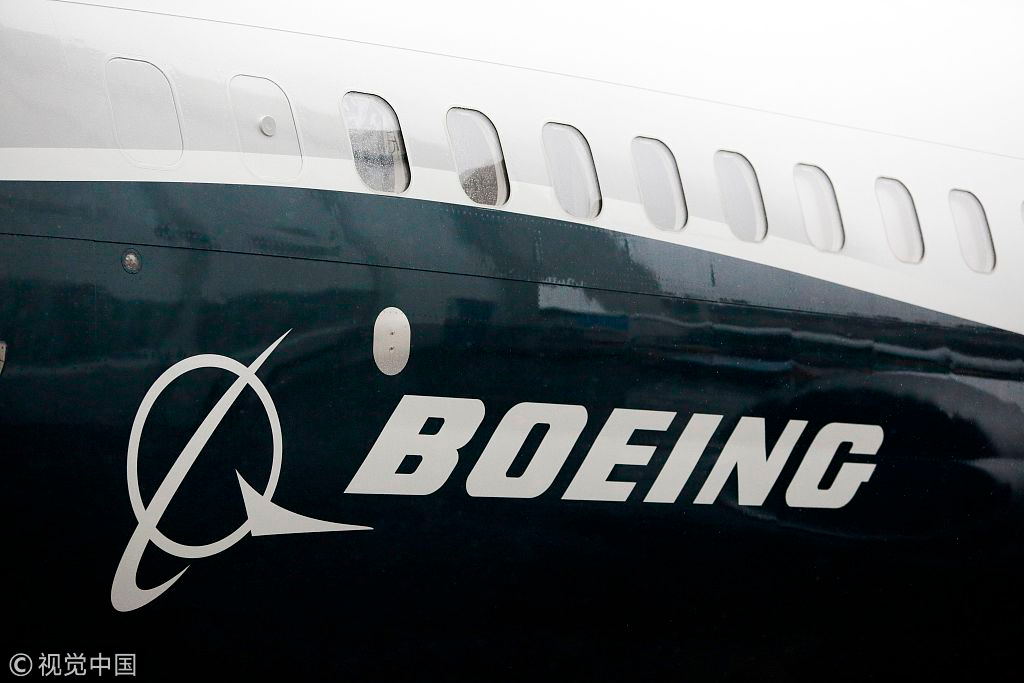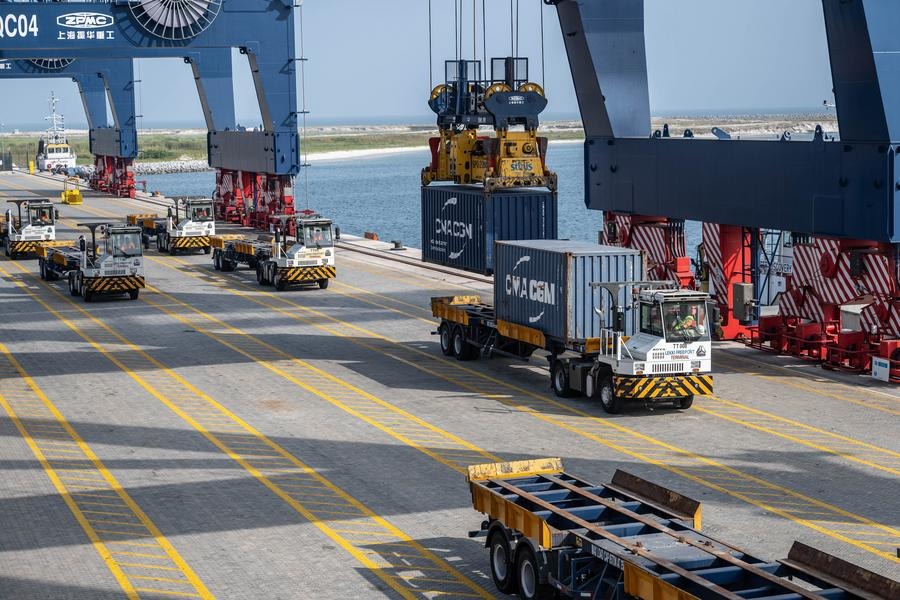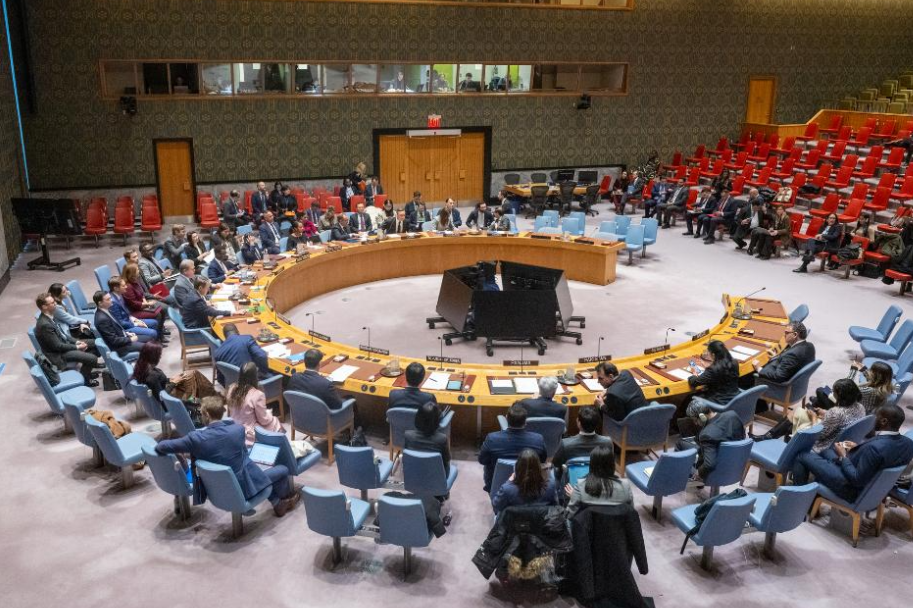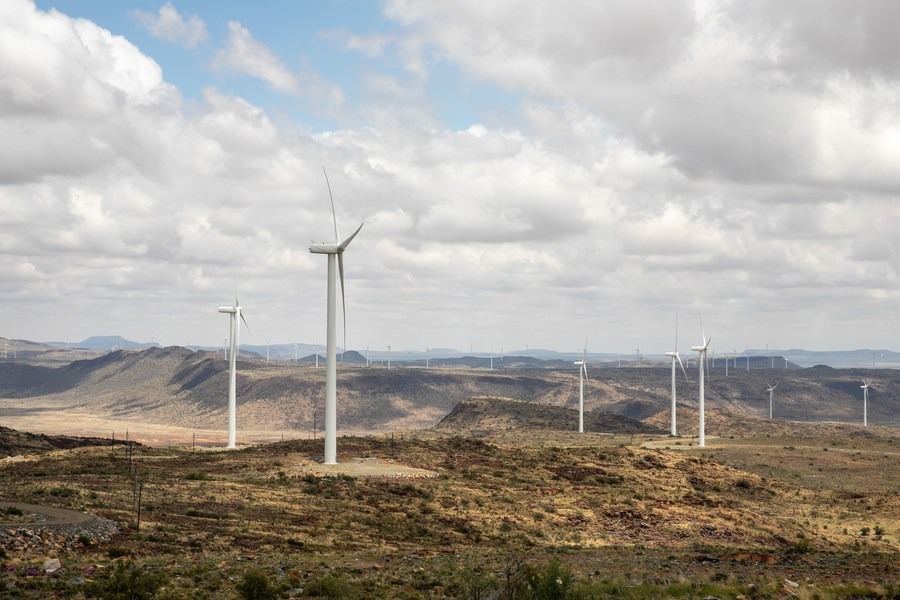Saudi airline drops Boeing MAX, opts to buy Airbus craft


Saudi Arabia's discount carrier flyadeal has backed out of an order for up to 50 Boeing 737 MAX jets, opting for the Airbus A320neo, but the decision doesn't necessarily indicate turbulence ahead for the US aircraft manufacturer.
The prospective deal with Boeing, never formally signed, came weeks after a MAX jet operated by Indonesian budget carrier Lion Air crashed, killing all on board. The deal with Boeing was valued at about $5.5 billion before industry-standard discounts, which are routinely kept confidential.
Flyadeal, the discount carrier of Saudi Arabian Airlines, began service in September 2017 using the Airbus A320. The A320neo is an updated, fuel-efficient version of its predecessor.
"If you're satisfied with a particular aircraft, it's reasonable to keep it because flying a single type of plane reduces the need for additional pilot and maintenance training on a second type," John Cochran, president of Eaglemark aviation consulting and professor emeritus of aerospace engineering at Auburn University, told China Daily. "Or, it may be that flyadeal wanted the planes sooner than Boeing could deliver them. But there also may be questions about the software update for MAX jets."
Flyadeal expects to receive the first new plane from Airbus in 2021. Boeing has cut production and delayed delivery of MAX jets pending recertification of the aircraft and its return to commercial service. Lower production may mean Airbus overtakes Boeing this year as the world's largest aircraft manufacturer, analysts said.
In a statement, Boeing said: "Boeing is proud of its seven-decade long partnership with Saudi Arabia's aviation industry and we wish the flyadeal team well as its builds out its operations. Our team continues to focus on safely returning the 737 MAX to service and resuming deliveries of MAX airplanes."
At the Paris Air Show in June, International Airlines Group announced the purchase of 200 737 MAX jets, ending a wave of cancellations and a sales drought following the worldwide grounding of the aircraft. IAG owns British Airways, Iberia and Aer Lingus. The new fuel-efficient MAX jets will be flown by budget units Level and Vueling.
"This is a vote of confidence in the Boeing 737 MAX," aviation consultant Robert Mann told China Daily in June. "I think (IAG CEO) Willie Walsh drove the bargain of a lifetime."
Boeing MAX jets were grounded worldwide following crashes March 10 in Ethiopia and Oct 29, 2018, in Indonesia that killed a total of 346 passengers and crew. Preliminary investigations suggest the aircraft's Maneuvering Characteristics Augmentation System (MCAS), an automated anti-stall device, apparently forced the noses of Lion Air and Ethiopian Airlines flights down and into a fatal plunge when it erroneously determined the planes were about to stall. To avoid a stall, MCAS points the nose of the plane down to gain air speed.
Wall Street analysts expect Boeing to spend about $1 billion to update and install new software worldwide to prevent the MCAS system from repeatedly pointing the nose of the plane down and to prevent the system from being activated by only one of two exterior sensors.
Air China, China Eastern Airlines and China Southern Airlines are seeking reimbursement from Boeing for costs they've incurred since MAX jets were grounded.
Testing of the software update continues, and Boeing hopes to submit the fix to the US Federal Aviation Administration and other regulators by September. American Airlines, United Airlines and Southwest Airlines, the three US carriers flying MAX jets, had hoped to return the planes to service by late August or early September.
There are about 400 MAX jets in service worldwide, including about 97 in China. MAX jets were flown extensively in the US and China without incident prior to the fatal crashes in Indonesia and Ethiopia.
Boeing's shares closed Monday on the New York Stock Exchange at $351.12, down $4.74, or 1.33 percent. The 52-week range is $292.47 to $446.01 a share.

































